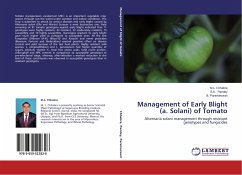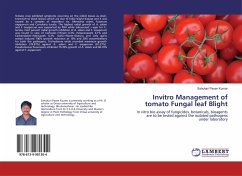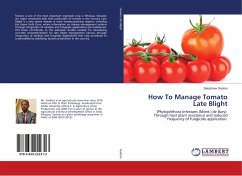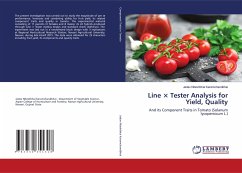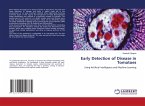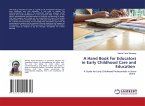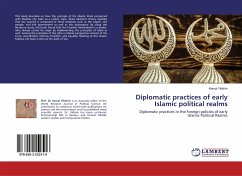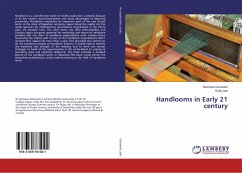Tomato (Lycopersicon esculentum Mill.) is an important vegetable crop grown through out the world under outdoor and indoor conditions. The crop is subjected to attack by various diseases and early blight caused by Alternaria solani (Ellis and Martin) Sorauer is most destructive one. Field screening of 81 tomato genotypes against early blight indicated that 11 genotypes were highly resistant, 23 resistant, 22 moderately resistant, 15 susceptible and 10 highly susceptible. Genotypes resistant to early blight gave much higher yield as compared to susceptible ones. All the test fungicides (Dithene M-45, Blitox-50 and Kavach) and neem pesticides (Bioneem, Fortune and Nimbicidine) exerted possitive effect on disease control and yield increase of the test host plants. Highly resistant wild species, L. pimpinellifolium and L. peruvianum had higher quantitiy of sugars, phenols, vitamin 'C, total free amino acids, total crude protein, chlorophyll and NPK content in comparison to susceptible genotypes at pre-infectional stage, whereas, after-infection a marked reduction in the level of these constituents was observed in susceptible genotypes than in resistant genotypes.
Bitte wählen Sie Ihr Anliegen aus.
Rechnungen
Retourenschein anfordern
Bestellstatus
Storno

